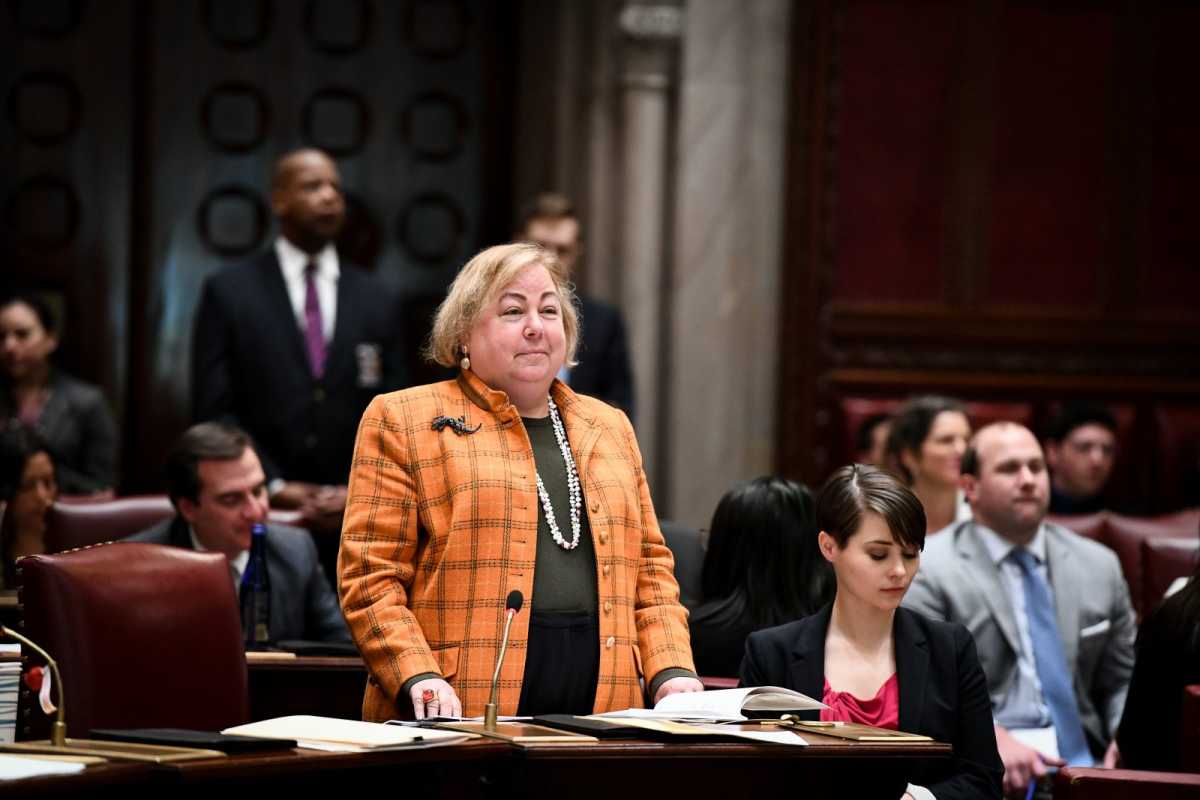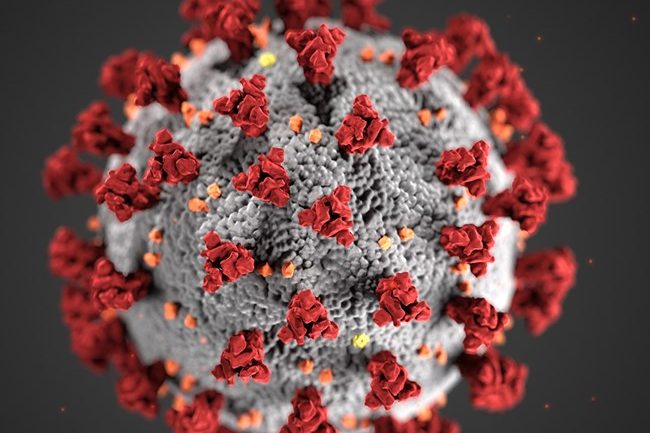Dr. Peter Steel of the New York Presbyterian Hospital (NYPH) has an important message for all New Yorkers; don’t let the COVID-19 pandemic dissuade you from getting routine medical care.
Last night, Dr. Steel and State Senator Liz Krueger (D-Upper East Side, Yorkville) hosted a virtual town hall on navigating the healthcare system in the era of COVID-19. The meeting took place from 7-8 p.m. on Krueger’s Facebook page, facebook.com/statesenatorlizkrueger.
The first half of the meeting consisted of a presentation from Dr. Steel, that had him answer the most common questions he receives from his patients. The second half had Steel and Krueger directly answer questions from their viewers.
“We’ve had a bunch of different town halls specific to COVID-19,” said Krueger. “But this topic, we think, is particularly timely. It’s important for us to continue to take care of our healthcare needs during COVID-19, even if we don’t think our issues have anything to do with COVID-19. But there are a lot of uncertainties about access, and safety, and new ways to communicate with doctors, and whether to go to hospitals.”
Steel began by addressing the following question; when, if ever, should we seek emergency care?
Since the pandemic began, some New Yorkers have been apprehensive about going to emergency rooms for issues unrelated to COVID-19. By Steel’s account, patients often fear that ERs will lack the resources to treat them, due to the strain of treating COVID patients. Others fear that the pandemic will turn the ERs themselves into vectors for the disease.
However, Steel assured viewers that both of those fears are unfounded. New York’s emergency departments have more than enough resources to accommodate non-COVID patients, and they’ve taken extensive precautions to ensure that the disease doesn’t spread from patient to patient.
“We want people to use the emergency department as they typically would for medical emergencies,” said Steel. “The type of complaints that provoke you to go to the emergency department should still provoke you to go to the emergency department.”
As Steel explained during the Q&A, this wisdom applies to non-emergency care as well. Patients can and should seek treatment for less severe but long-standing issues – such as needing a hip replacement.
“This is as good a time as any,” he said. “Volume in New York City is down, so surgeons will be laser-focused on reestablishing their practices. And from a patient safety standpoint, the decontamination and screening that are in place for patients pre-surgery ensure a very high level of safety. So if you’re thinking about pursuing a non-urgent surgical process, this summer would be a great time to do that.”
Steel went on to give viewers a primer on telehealth meetings. By Steel’s account, the NYPH has vigorously retrained its physicians to be able to administer care remotely. Today, a wide range of health services can be conducted via telehealth – even routine physicals.
“You can do a surprisingly comprehensive exam on a patient over a video screen,” said Steel. “Coaching a patient through the examination, checking their pulse, checking their temperature. We can write prescriptions, and we can refer patients to other services if necessary. And if you’re sicker than you thought you were, we can refer you directly to our emergency department.”
However, he clarified that there are certain circumstances in which you should seek out in-person care. Such circumstances include vaccinations, evaluations for longstanding issues, and first-time appointments.
“For new visitors, I’d say that the first visit should probably be in-person, and then you can transition to video,” said Steel.
To conclude, Steel went over COVID-19 testing. For that, he directed viewers to visit the NYC COVID-19 Information Portal at nyc.gov. There, New Yorkers can find all the information they need on diagnostic testing, antibody testing and care facilities in the City.
However, during the Q&A session, he conceded that the state of testing in New York could be better. Wait times for results can vary from one to eleven days. Furthermore, he said, our testing kits have a sensitivity rate of about 85 percent, meaning that false negatives are relatively common.
“It’s not a great test; it could be wrong,” said Steel. “That’s why we prioritize repeat testing for high-risk patients.”
Krueger concluded the event by thanking Dr. Steel for taking the time to help inform her constituents.
“Thank you very much for being with us tonight,” said Krueger. “I really appreciate you taking time off from what I’m sure is a crazy schedule, considering what you’ve been responsible for in your professional life.”
Watch the full town hall here.









